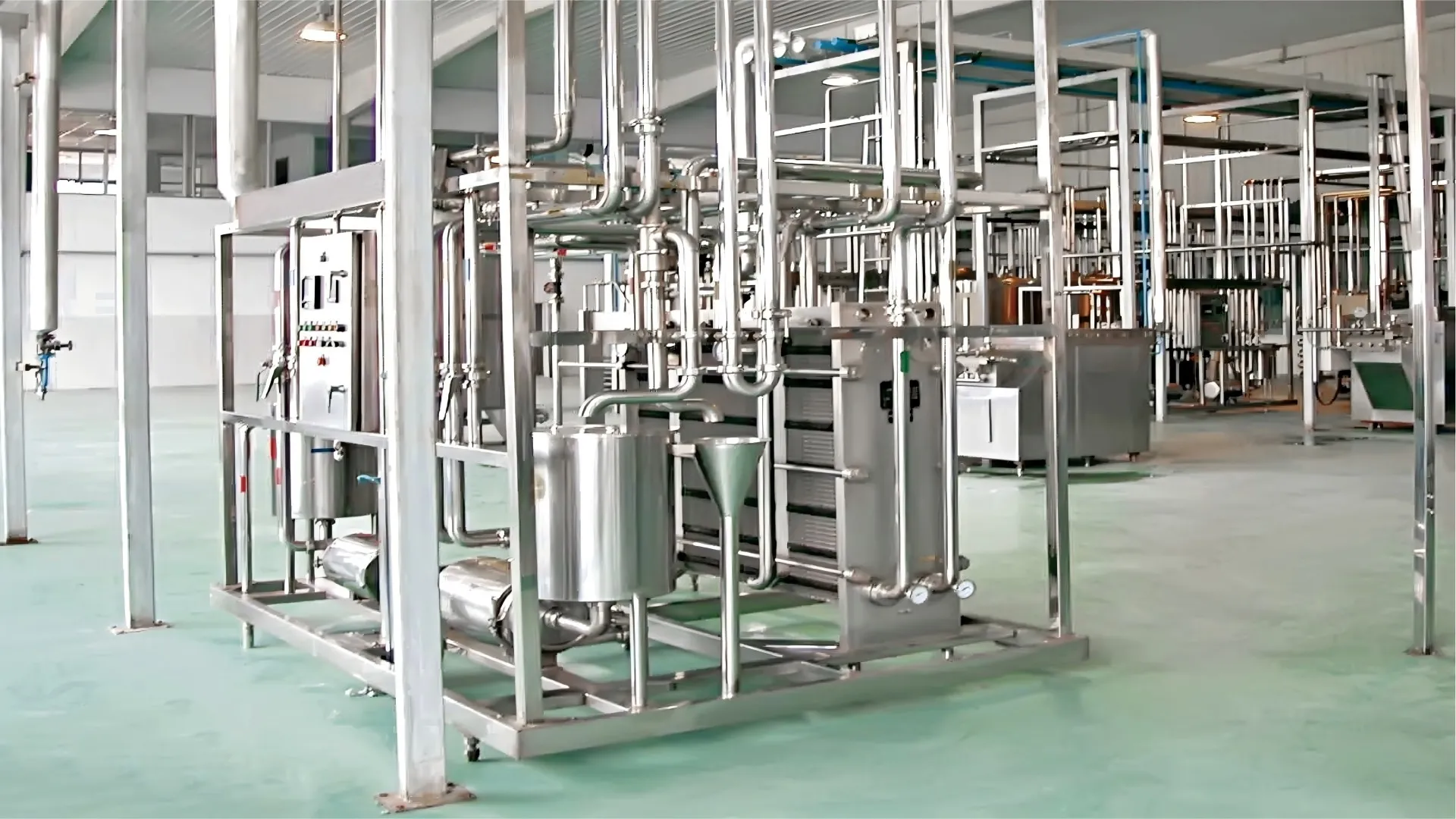In the apple juice production industry, having the right equipment can significantly impact your product quality, processing efficiency, and overall profitability. One of the most crucial pieces of equipment is the apple juice pressing machine. Whether you operate a small juice plant or a large-scale commercial processing line, choosing the right machine is essential for consistent output and long-term performance.
This article outlines the key features to consider when selecting a commercial apple juice pressing machine, ensuring you make an informed investment for your production needs.
1. Pressing Capacity and Throughput
The first and most critical factor is the machine’s pressing capacity, usually measured in kilograms or tons per hour. Your choice should align with your daily production goals.
- Small-scale operations: Machines with a capacity of 300–500 kg/h may suffice.
- Industrial plants: Look for machines that can handle 1–10 tons per hour or more, depending on your volume requirements.
Choosing the appropriate capacity ensures that your production remains efficient without under- or overloading the equipment.
2. Pressing Technology
Commercial apple juice pressing machines typically use one of the following technologies:
- Hydraulic Press: Offers high pressure and high juice yield; suitable for premium juice production.
- Belt Press: Ideal for continuous production; great for large-scale operations.
- Screw Press: Simple structure, good for semi-industrial settings.
- Pneumatic Press: Uses air pressure for gentle pressing; reduces oxidation and retains flavor.
Each type has pros and cons in terms of cost, yield, maintenance, and juice quality, so the choice depends on your specific production priorities.
3. Juice Yield Efficiency
The extraction rate determines how much juice is obtained from a given volume of apples. A good commercial apple pressing machine should offer:
- High juice yield (typically above 75–85%)
- Minimal pomace moisture content
- Efficient separation of solids and liquids
Higher juice yields mean lower raw material costs per liter of juice produced, significantly boosting profitability over time.
4. Material and Build Quality
Since apple pressing involves contact with acidic juice and continuous mechanical movement, the material quality is essential:
- Food-grade stainless steel (304 or 316): Resistant to corrosion, easy to clean, and meets food safety regulations.
- Durable frame and press components: Ensure long-lasting performance, even under heavy loads.
Machines made from inferior materials may save cost initially but lead to higher maintenance and contamination risks.
5. Ease of Cleaning and Maintenance
Hygiene is non-negotiable in juice production. Look for machines designed with:
- CIP (Clean-in-Place) systems
- Removable filter cloths and belts
- Accessible parts for quick maintenance
Fast cleaning between production batches helps maintain juice quality and reduces downtime.
6. Automation and Control Systems
Modern pressing machines are often integrated with PLC control panels and touchscreen interfaces, allowing:
- Real-time monitoring of pressure and speed
- Automated start/stop functions
- Error detection and alarm systems
Automated machines reduce labor costs, ensure process consistency, and improve overall plant efficiency.
7. Safety Features
A high-capacity machine must also prioritize operator safety. Features to look for include:
- Emergency stop buttons
- Safety interlocks
- Protective covers on moving parts
Meeting CE or ISO safety certifications ensures compliance with international standards.
8. Compatibility with Production Lines
The machine should seamlessly integrate into your existing or future apple juice processing line, including:
- Apple washing and crushing units
- Juice filtering and pasteurizing equipment
- Bottling or pouch-filling machines
Compatibility ensures smooth material flow and reduces manual handling, thus increasing automation efficiency.
9. Energy Efficiency and Operational Cost
Energy consumption affects your long-term operational expenses. Choose equipment with:
- Low power consumption motors
- Smart energy-saving modes
- Efficient mechanical design
Over time, an energy-efficient machine can help you save thousands in electricity costs.
10. After-Sales Support and Spare Parts
Reliable technical support, training, and availability of spare parts are vital for minimizing downtime. Partnering with an experienced supplier who offers quick response times and global support can make a significant difference in your operation.
